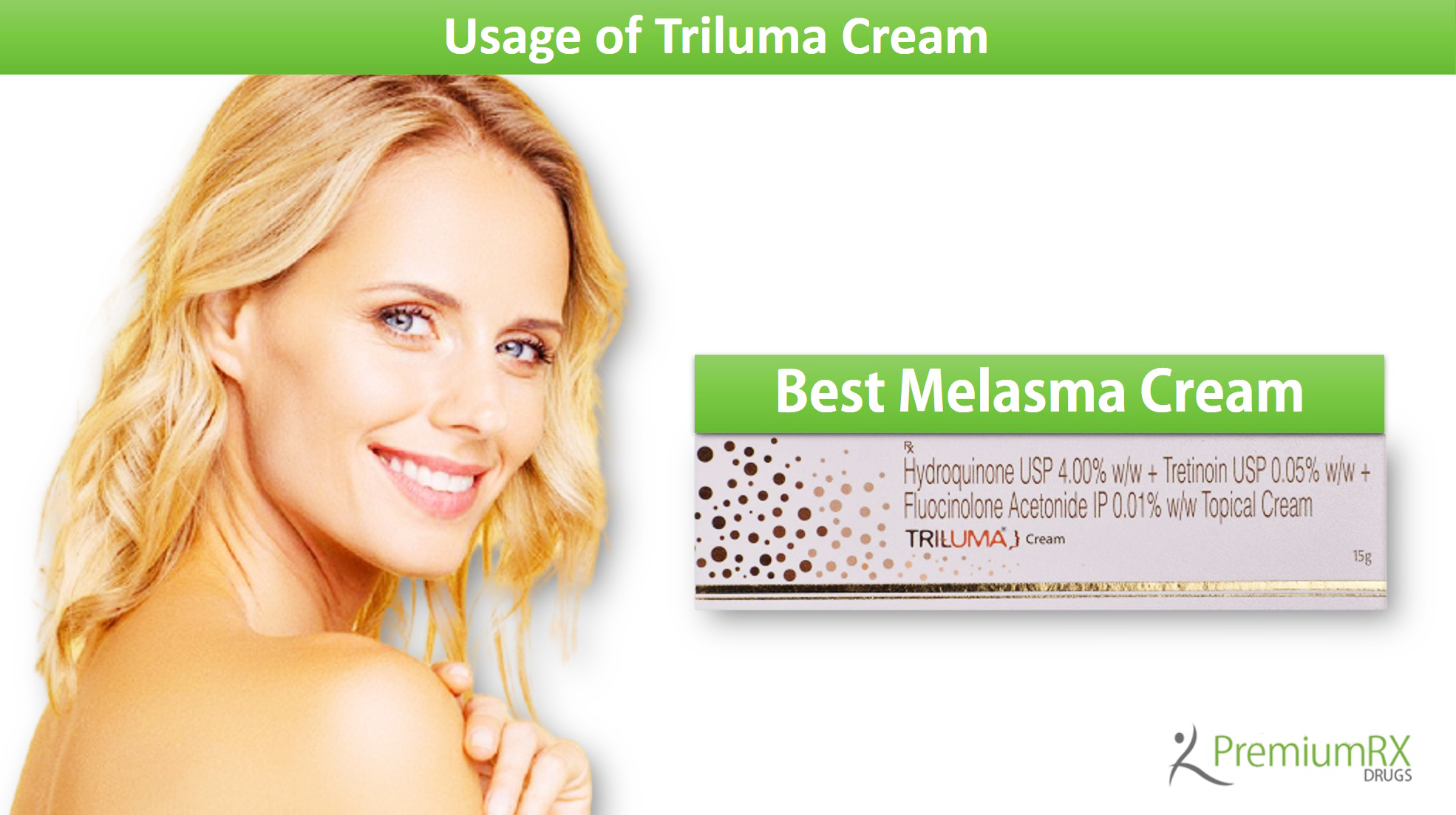In the field of skin care, you have likely encountered hydroquinone. Hydroquinone is a miracle ingredient in numerous skincare products, specifically those designed to address hyperpigmentation. But what exactly is Hydroquinone? And is it safe for use? This information guide will discuss and explore the best hydroquinone cream usage for tackling hyperpigmentation.
Understanding Hydroquinone
Hydroquinone is a potent skin-lightening agent often used to reduce the appearance of dark spots and promote an even skin tone. It acts by minimizing production and decreasing the degradation of melanin pigments in the skin. This helps lighten the skin but also ensures a more uniform skin tone.
Best Hydroquinone creams
Hydroquinone creams have been becoming popular recently. As mentioned above, they have the potential to lighten skin tone and minimize the appearance of dark spots. There has been a lot of buzz surrounding the best hydroquinone creams for dark spots. While many people found success with such products, there are a few concerns about their safety and potential side effects. With many available options, knowing which is the best can be tough. Here are our top picks that will help you fade your dark spots.
- Melalite cream
Melalite forte cream is the ultimate solution for skin discoloration. This targets various skin issues, including dark spots, melasma, hyperpigmentation, age spots, and freckles. The skin-lightening medicine melalite forte cream lightens the darkened skin spots and patches. As mentioned above, Hydroquinone minimizes the skin-darkening pigment called melanin in the skin, which helps reverse skin depigmentation.
- Triluma cream
This triple combination cream contains Hydroquinone, tretinoin, and fluocinolone acetonide as the active ingredients. Triluma is the FDA-approved treatment to help remove dark spots associated with moderate to severe facial melasma. The combination of three ingredients works synergistically to deliver clear results.
- Fluocinolone acetonide 0.01%: It is a mild topical corticosteroid with anti-inflammatory effects. It minimizes the anti-inflammatory effects of the two other agents and inhibits melanin synthesis by reducing cellular metabolism.
- Tretinoin 0.05%: It is a retinoid that may prevent oxidation of Hydroquinone and enhance penetration and skin cell turnover, facilitating pigment elimination and minimizing the risk of skin atrophy. Avoid long-term use of Hydroquinone.
- Hydroquinone: Hydroquinone in Triluma cream helps to lighten the skin.
Before incorporating Hydroquinone into your daily routine, ask your dermatologist if it is right for your overall skin. Although the skin-lightening agent is suitable for all skin types, caution is advised on dry and sensitive skin because of the irritation it can cause. Also, people with deeper skin tones must be more cautious while incorporating a hydroquinone formulation into their skincare routine because the risk of ochronosis is higher than those with fairer complexions. A major key to hydroquinone formulation is short-term use. You can use it twice daily for at least six weeks but not more than six months. After one to three months, you should begin to see your hyperpigmentation diminishing with regular use, as the dermatologist advises. Once you notice the desired effects, stop using the Hydroquinone formulation daily and only use it if the hyperpigmentation reappears.
Sun protection is necessary!
Sun protection is crucial no matter what you are putting on your face. Layering ample sunscreen and diligently protecting your skin from ultraviolet rays of the sun yields the best results with this skin-lightening cream.
Hydroquinone doesn’t play well with benzoyl peroxide and other peroxide products. Pairing them will not only cause irritation and dryness but can also temporarily cause skin staining.
Pregnant and breastfeeding women must take caution.
If you are pregnant or now nursing your bundle of joy, Hydroquinone is not appropriate for you. Until now, research hasn’t focused on the effects of hydroquinone absorption in pregnant or lactating women, but the absorption into the blood through the skin is quite high. However, birth defects were not observed in animals that were exposed to high levels of Hydroquinone; researchers do not have data in humans showing that it is demonstrably safe to use in pregnancy.
The bottom line!
If you have dark spots/patches or are struggling with melasma, you are not alone; many people worldwide are affected by this skin condition. Melalite forte and Triluma cream may improve the appearance of dark spots and facial melasma when used as directed for six weeks. However, it is not a cure and should always be combined with sun avoidance measures. Protect your skin using good quality sunscreen with an SPF of 30 and wearing protective clothing. Consult your dermatologist today to know the best option for your skin.
Marie
Latest posts by Marie (see all)
- Revize Micro Gel 0.025% | Uses, Price, Side effects - April 9, 2025
- What is Evalon Cream: How to Apply, Benefit, who Can Use - April 4, 2025
- Understanding Avanair 200 mg: A Comprehensive Guide - April 4, 2025




